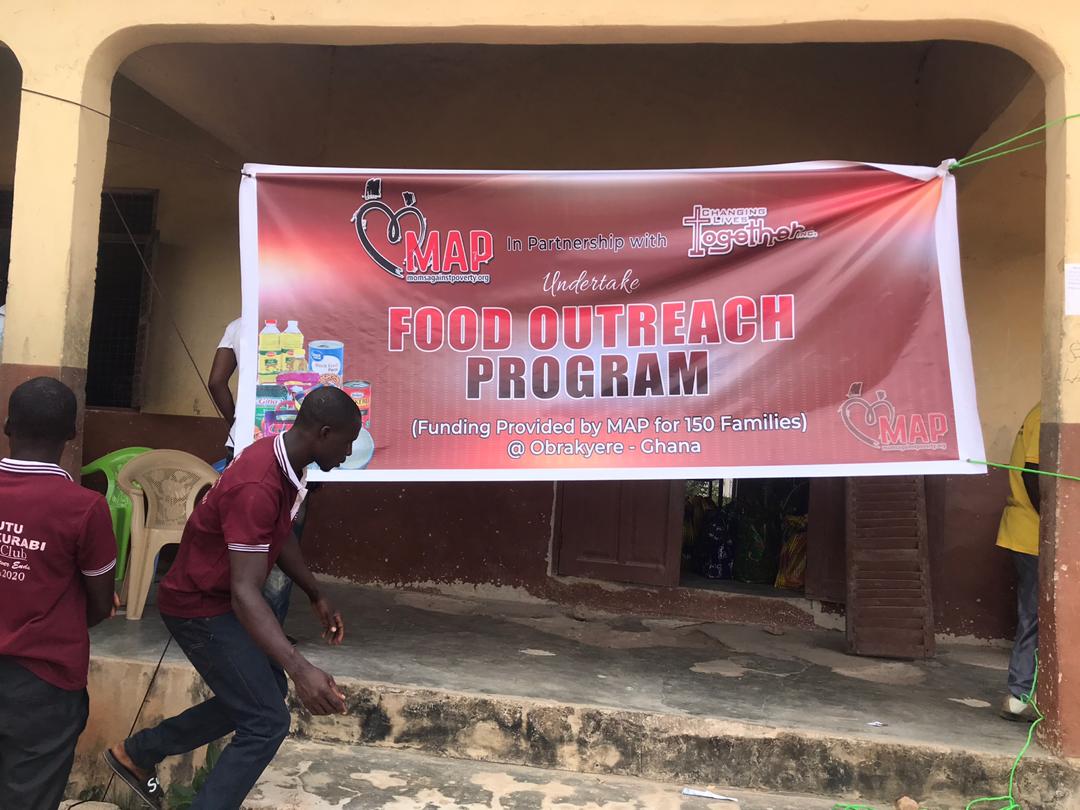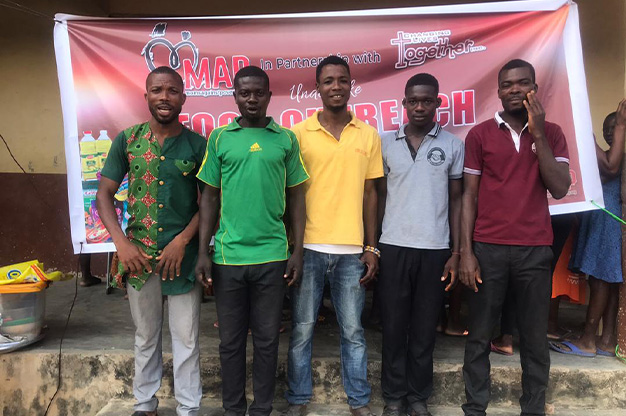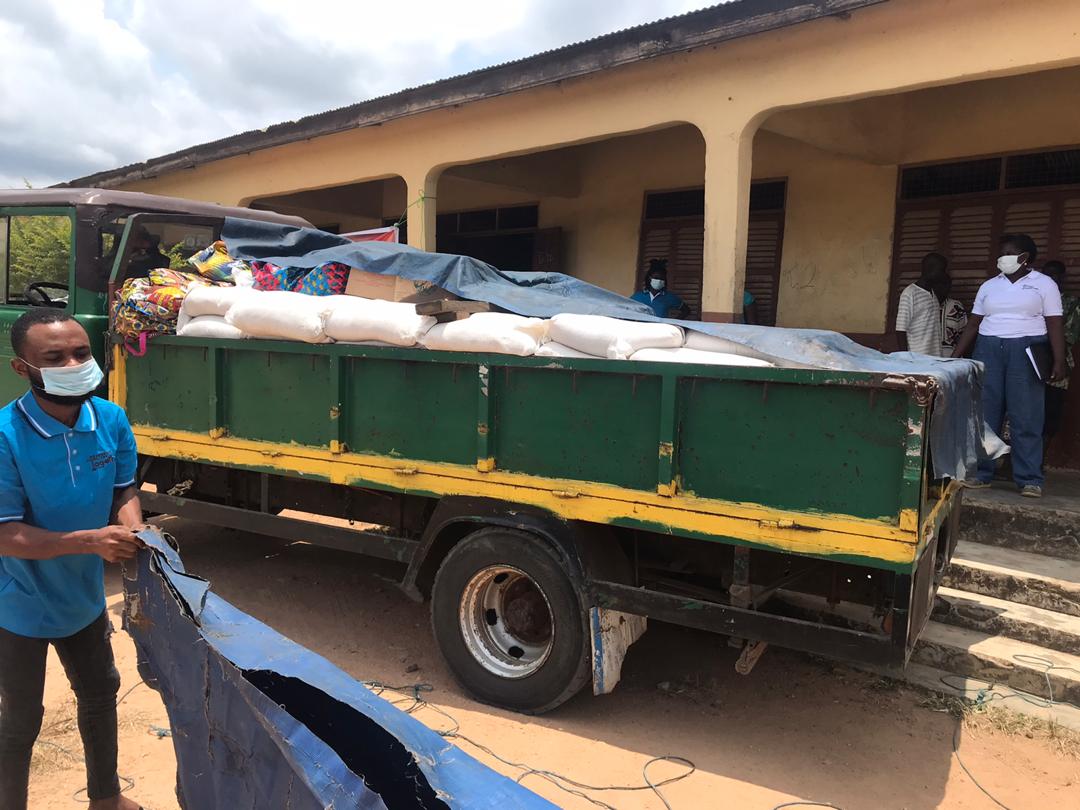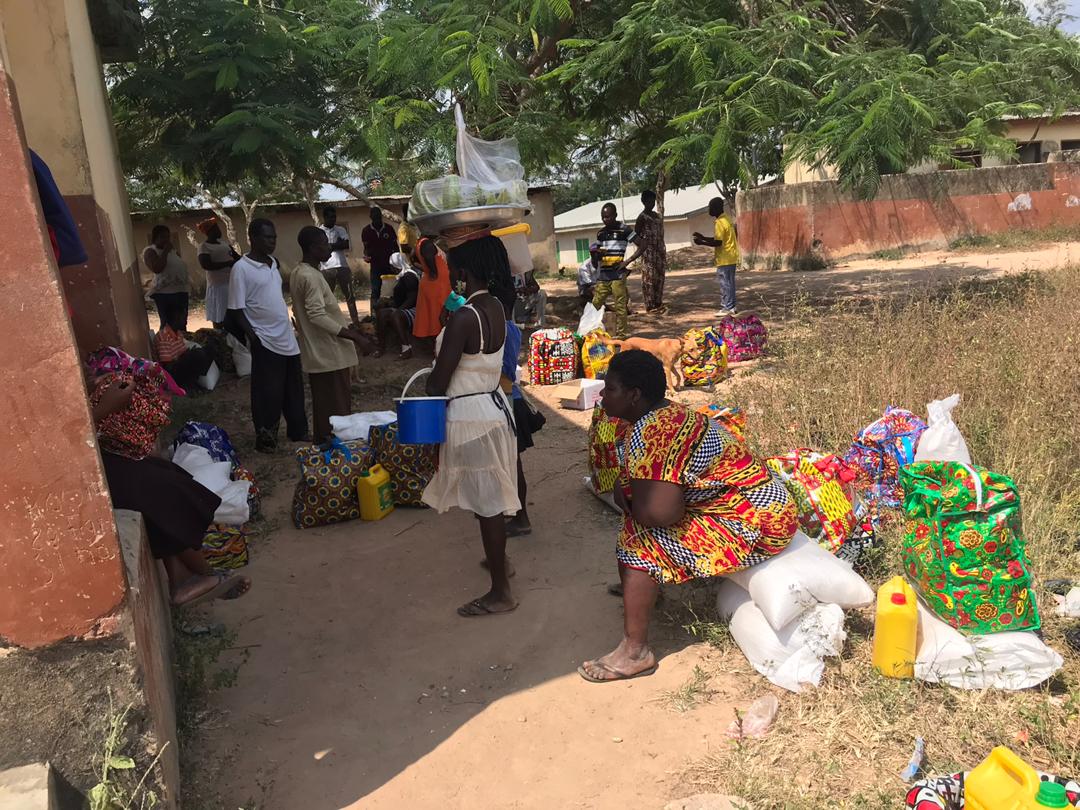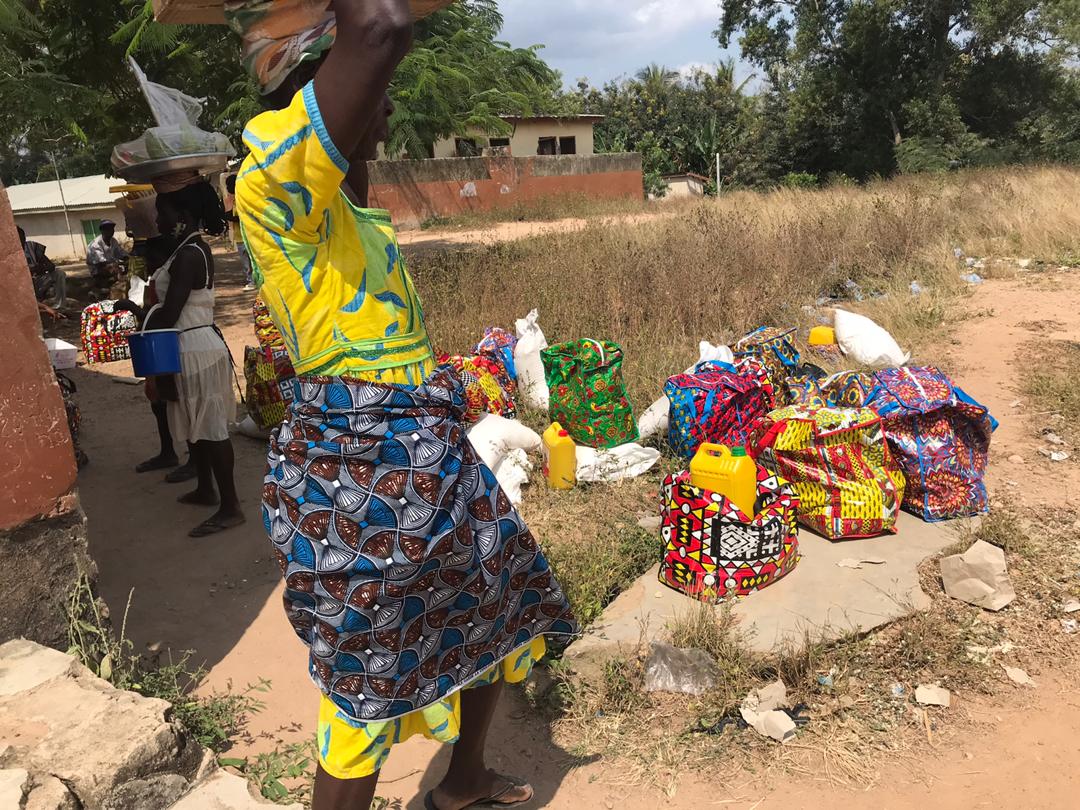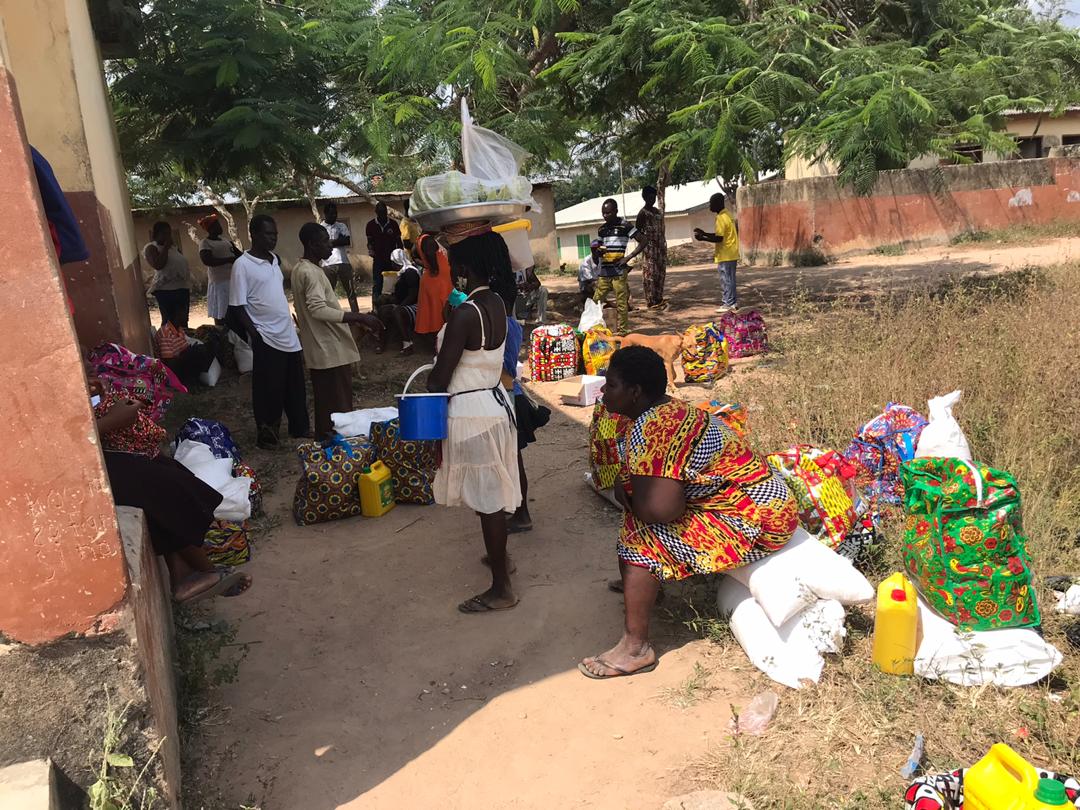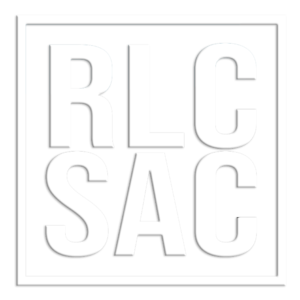PayPal is free for consumers and works seamlessly with your existing credit card and checking account. You don’t need a PayPal account to donate.
2020 MAP Food Distribution

It was a program of giving food to the poor and the very financially disadvantaged families in some Ghanaian communities.
Introduction and Background
The Covid 19 pandemic has brought untold hardship to several communities in various parts of Ghana. Generally, the central region of Ghana is considered, one of the most poverty-stricken regions in Ghana, and OBRAKYERE, a village town, is one such community in the Awutu Senya District of the Central Region of Ghana. It is about 40 miles from the nation’s capital city, Accra.
OBRAKYERE, with a population of approximately 4,200, is basically a farming community with most of the village residents involved in peasant farming as a means to support their families. There are however a few salary/wage earners such as school teachers, bus and truck drivers, and petty traders. Most of the village residents generally grow food crops such as cassava, corn, pepper, tomatoes, etc., with a few of them participating in coconut farming. It takes about 8 to 12 months to realize yields from Cassava farming, one of the predominant crops grown there. Most of the other products are perishable vegetables. Without any preservative methods, the farm produce will go to waste if there is not a readily available market demand to facilitate the prompt sale of their produce. With many buyers knowing that farmers face this challenge, they take undue advantage of this precarious situation of the farmers and manipulate them to sell their produce for very cheap. Farmers in such communities are always grappling with these difficult challenges.
Given the complex and expensive nature of land acquisition in Ghana and the OBRAKYERE area, in particular, it is difficult for a poor farmer to do any sizeable farming. Secondly, farming in the area is weather-dependent, and so when drought conditions are prevalent, this also adversely affects the ability of farmers to have a good harvest.
The people in OBRAKYERE previously sold the cassava harvested from their farms to a cassava processing factory located approximately 3 miles from the village. However, for several years, this factory has been shut down. This means that farmers who were generating most of their household incomes from the sale of their main crop, cassava, to this factory, were left without a ready market demand and have been subject to manipulative buyers who buy their produce for cheap, knowing that the farmers don’t have many options.
Given the above circumstances coupled with the significant slowdown in economic activity due to the effects of the Covid 19 pandemic in Ghana, people in such situations are very adversely affected.
Project Implementation:
Changing Lives Together (CLT) received a grant (in the amount of $9,960) from MOMS AGAINST POVERTY (MAP) for a Food Outreach Project. It was a program of giving food to the poor and the very financially disadvantaged families in some Ghanaian communities as a result of the adverse effect of the COVID-19 pandemic on the lives of people.
Obrakyere, a farming community in the Awutu Senya District of the Central Region of Ghana was chosen as one of the communities to benefit from this project
In Ghana, Assemblymen are the people's representatives in the Local Governance Structure and are opinion leaders in their areas of representation. They live in their respective jurisdictions and understand the socio/economic status of their constituents very well.
The Selected Families
With the support of the Assemblyman at Obrakyere, financially handicapped families were identified. With the assistance of the Assemblyman, three other villages quite close to Obrakyere were also included in the program. These are Akoninsi, Amowi, and Kwaokurabi. All 150 families were identified by the Assemblyman and his assistants as beneficiaries of the program.
The program was undertaken on 5 September 2020. All beneficiaries from these three communities gathered together in a school at Obrakyere and the package given to them. Each family received 25kg of rice, 15 cans of sardine, 7 cans of mackerel, 3 packets of Gari (powdered cassava), a packet of black eye peas, a packet of sugar, and a gallon of cooking oil.
Beneficiaries were so appreciative and expressed their gratitude to MOMS AGAINST POVERTY (MAP).
This project provided very important benefits to these communities including:
- provided close to 70,000 individual meals for the 150 families.
- families and children we guaranteed nutritional meals for approximately 1 month.
- the stress on parents regarding how to provide for their families was eased a bit due to this incredible relief.
- the anxiety and fear, that kids sometimes felt, as a result of hunger and always not sure where the next meals might come from were also eased with this food supply.
- these meals will help facilitate the healthy growth and development of these families, and especially of the young children.
- this provision of food has spurred hope in the hearts of these communities, as they try to crawl out of a difficult economic situation.

